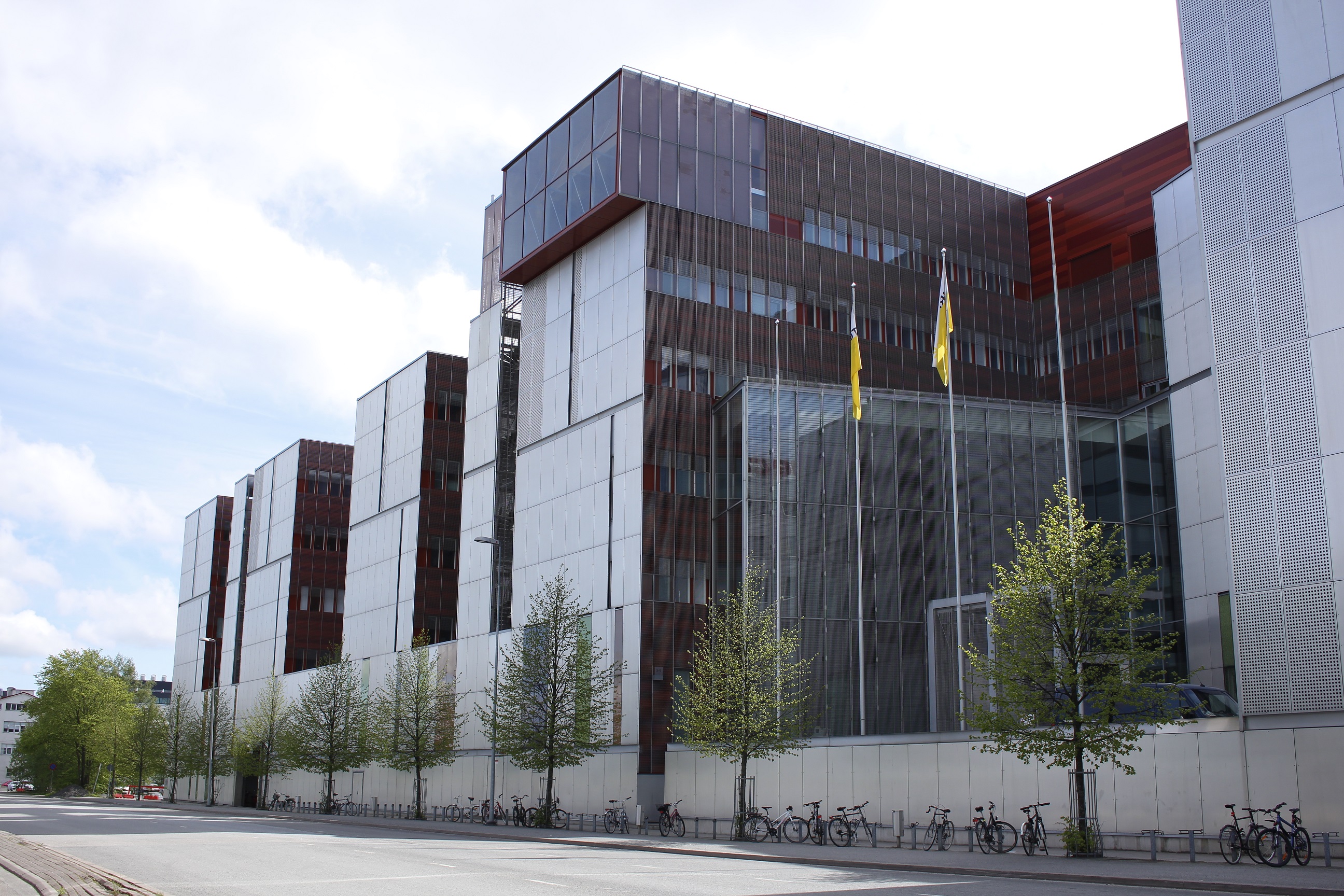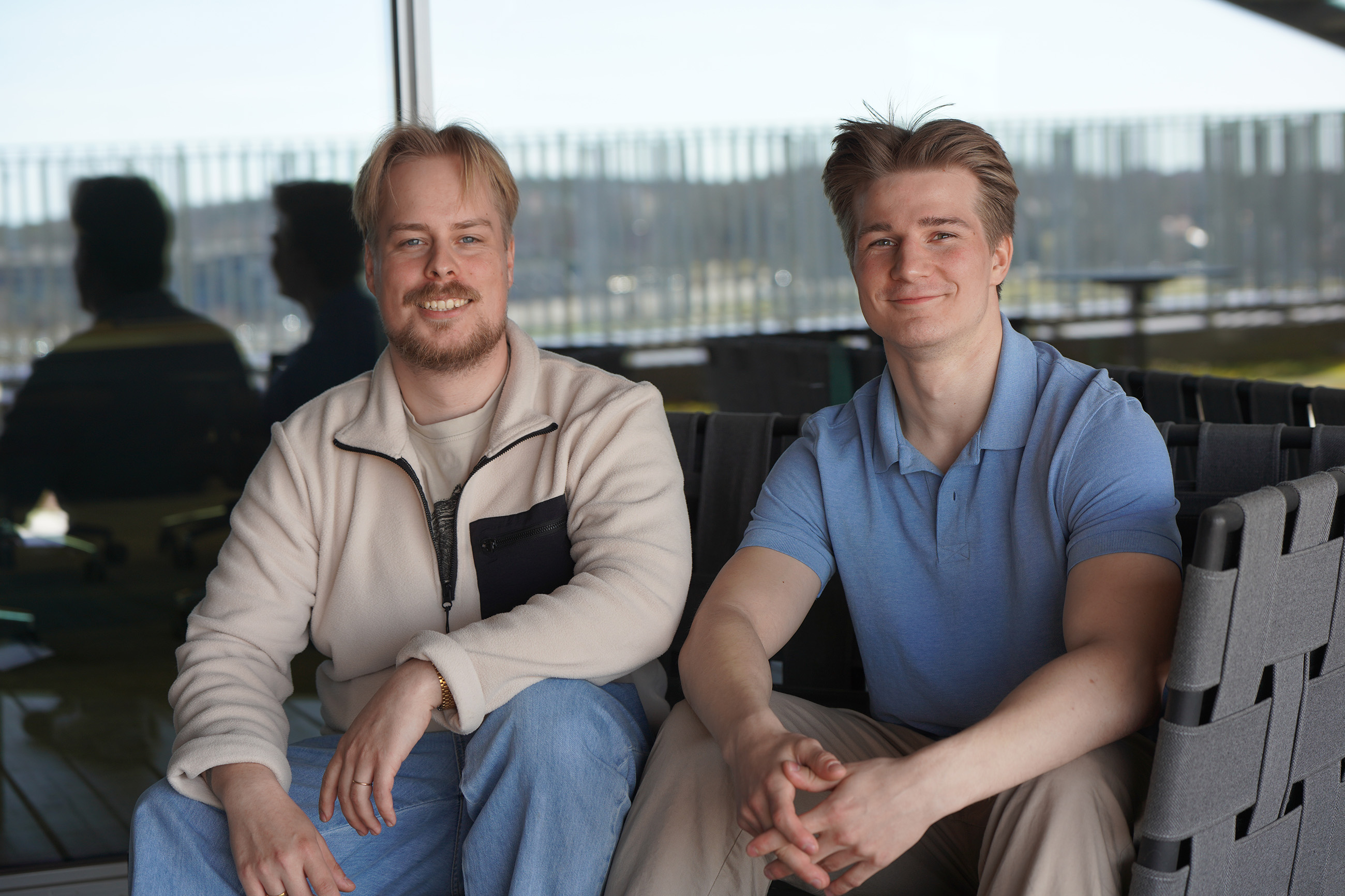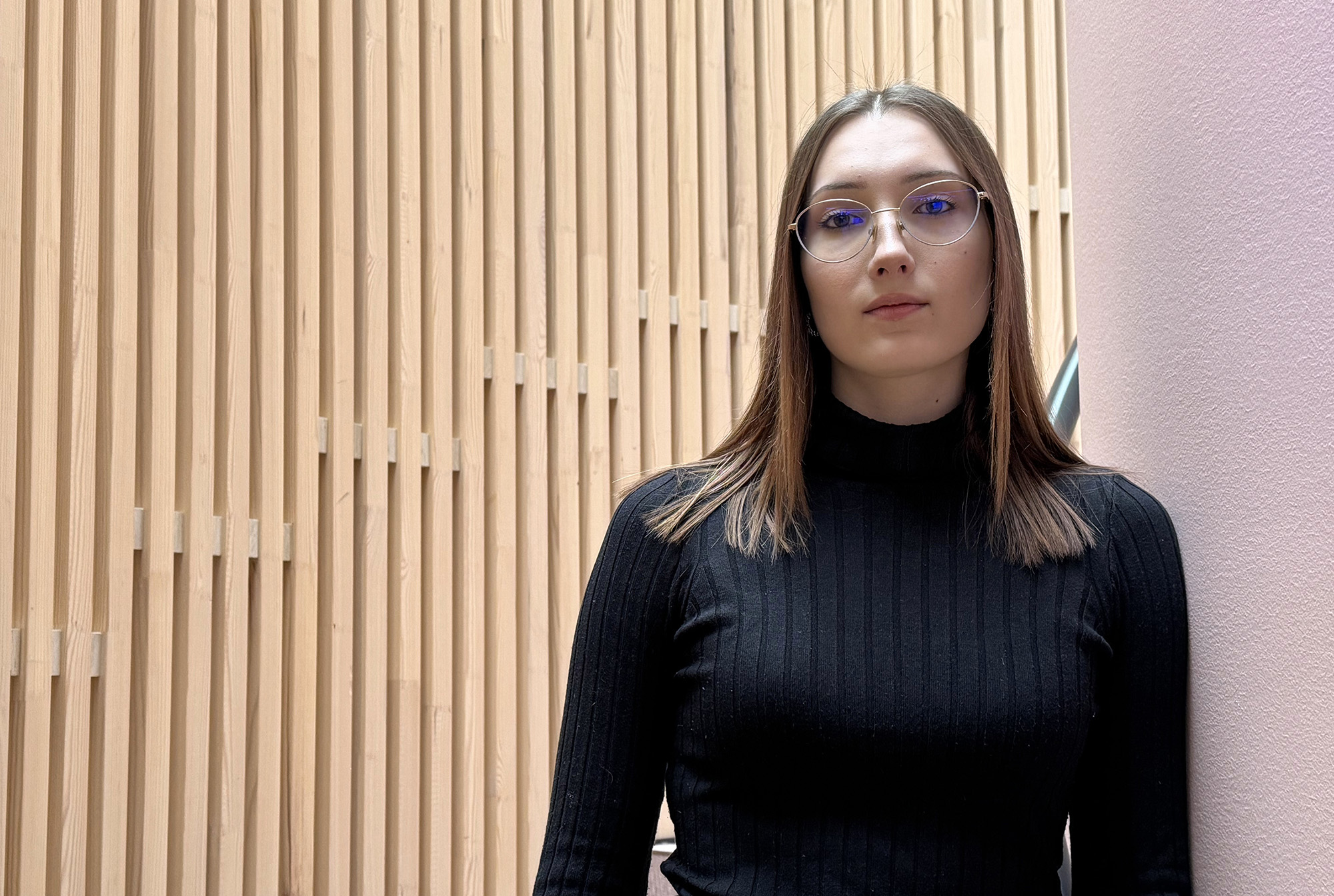DemoDay introduces first-year secondary school students to higher education in the fields of technology, science and health at the higher education institutions of Turku. At the same time, the event is designed to promote collaboration between the higher education institutions.

Julkaistu:
Muokattu:
DemoDay is organised together by the University of Turku, Turku University of Applied Sciences, Åbo Akademi University and Novia University of Applied Sciences. Throughout the morning event, secondary school students will have the opportunity to learn about research and teaching in hands-on demo workshops. They are also introduced to the various laboratory and research facilities.
This year, nearly 450 students from secondary schools in Turku and the near-by areas registered for DemoDay.
“DemoDay is one of the most visible forms of collaboration between the higher education institutions in the region, bringing hundreds of secondary school students to the campuses of Turku’s higher education institutions every year to learn about the education and training in the technical fields and the job and career opportunities they offer,” says Sari Stenvall-Virtanen, Education Manager of the Faculty of Technology at the University of Turku.
Collaboration creates more collaboration
DemoDay requires close collaboration between the organising parties. Stenvall-Virtanen emphasises that the event also promotes a better understanding of research groups and research interests between the higher education institutions and their researchers and teachers.
“This also helps us in building up collaborations in regional RDI projects,” says Stenvall-Virtanen.
DemoDay was first piloted in 2022 and organised as a full event in 2023. Since its inception, the event has been organised in cooperation between all four technology-related higher education institutions in Turku and the City of Turku, with the aim of strengthening regional educational pathways for young people interested in technology and science.
This year’s demos included the use of fruit flies for research and bacteria cultivation in the laboratory, sensory modulation in rehabilitation, sampling and analyser work in blood sampling, steering a ship through a fairway in marine and vehicle technology, and coding robots from scratch in robotics.
In addition to the demos, this year’s programme included a webinar-style session aimed at students interested in fields other than engineering or science.
“DemoDay is something that is developed every year in close collaboration with secondary schools in the region. This year’s event was a great success again. The best feedback for us, the organisers, is to talk to young people who are genuinely interested in technology and share their enthusiasm for studying engineering,” says Stenvall-Virtanen.
Engineering studies in Turku UAS
Read next
-
Press Release

Turku UAS launches StartLab to make students’ business ideas come true
Turku University of Applied Sciences will offer mentoring for all its students to develop their own business ideas. A StartLab will be established where students can go for…
-
Student

Short exchange offers a quick dive into internationality
Internationalisation does not always have to be sought through exchange studies lasting several months. Industrial Management and Engineering students Topi Turpeinen and Atte Niskakoski were inspired by a…
-
Student

Information and Communications Technology degree programme opens doors to a wide range of career opportunities
Minttu Kauppi has always been interested in science and technology. Her interest in security and programming sparked in high school and led her to study information and communication…
